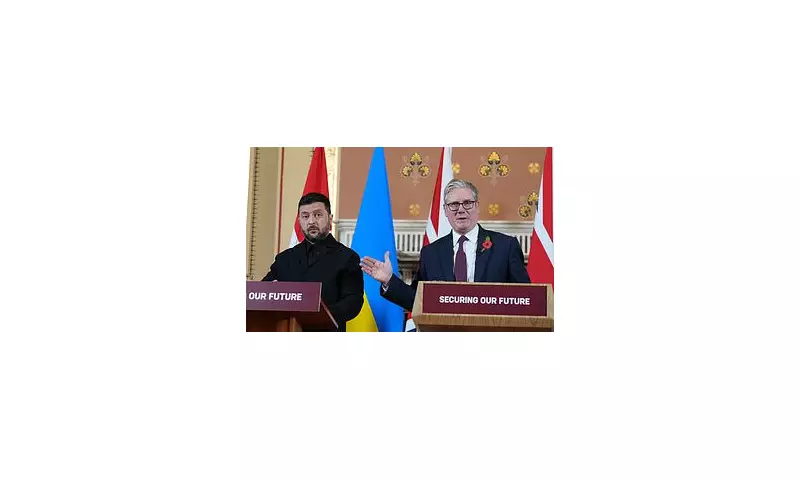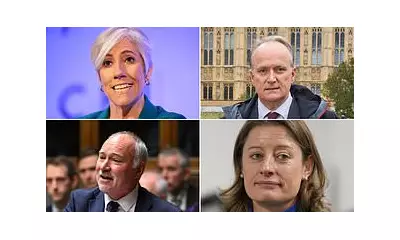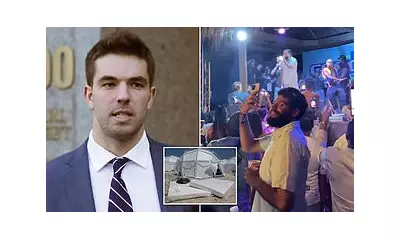
Sir Keir Starmer has declared that Britain must 'finish the job' by seizing frozen Russian assets to fund Ukraine's reconstruction, marking a significant escalation in the UK's response to Vladimir Putin's invasion.
The £26 Billion Question
In a powerful statement following high-level European diplomacy, the Labour leader revealed his commitment to repurpose approximately £26 billion in Russian state assets currently frozen within UK jurisdiction. This bold move would represent one of the most substantial financial blows to the Kremlin since the conflict began.
Building a 'Coalition of the Willing'
Starmer's strategy involves forging an international alliance - dubbed the 'Coalition of the Willing' - with European partners who share Britain's determination to make Russia pay for its destruction of Ukrainian infrastructure.
During his recent European tour, the Labour leader held crucial discussions with key allies including:
- French President Emmanuel Macron
- German Chancellor Olaf Scholz
- European Commission President Ursula von der Leyen
- Polish Prime Minister Donald Tusk
From Frozen Funds to Reconstruction
The proposed plan would transform immobilised Russian state assets into a substantial reconstruction fund for Ukraine, addressing the widespread devastation caused by missile attacks and ground fighting.
'This isn't just about freezing assets - it's about making them work for justice,' Starmer emphasised, highlighting the moral and practical imperative behind his proposal.
Legal and Diplomatic Challenges
While the political will appears strong, the path to asset seizure faces significant legal hurdles. International law traditionally protects state assets from confiscation, requiring careful navigation of complex legal frameworks.
However, Starmer's team believes that with coordinated international action and robust legal arguments centred on 'aggressor state responsibility', these obstacles can be overcome.
A New Chapter in UK Foreign Policy
This announcement signals a potential shift in Britain's approach to international conflicts under a future Labour government, demonstrating a willingness to take decisive economic measures against aggressor nations.
The move has received support from Ukrainian officials while drawing predictable condemnation from Moscow, which has labelled the proposal 'theft' and promised retaliatory measures.





